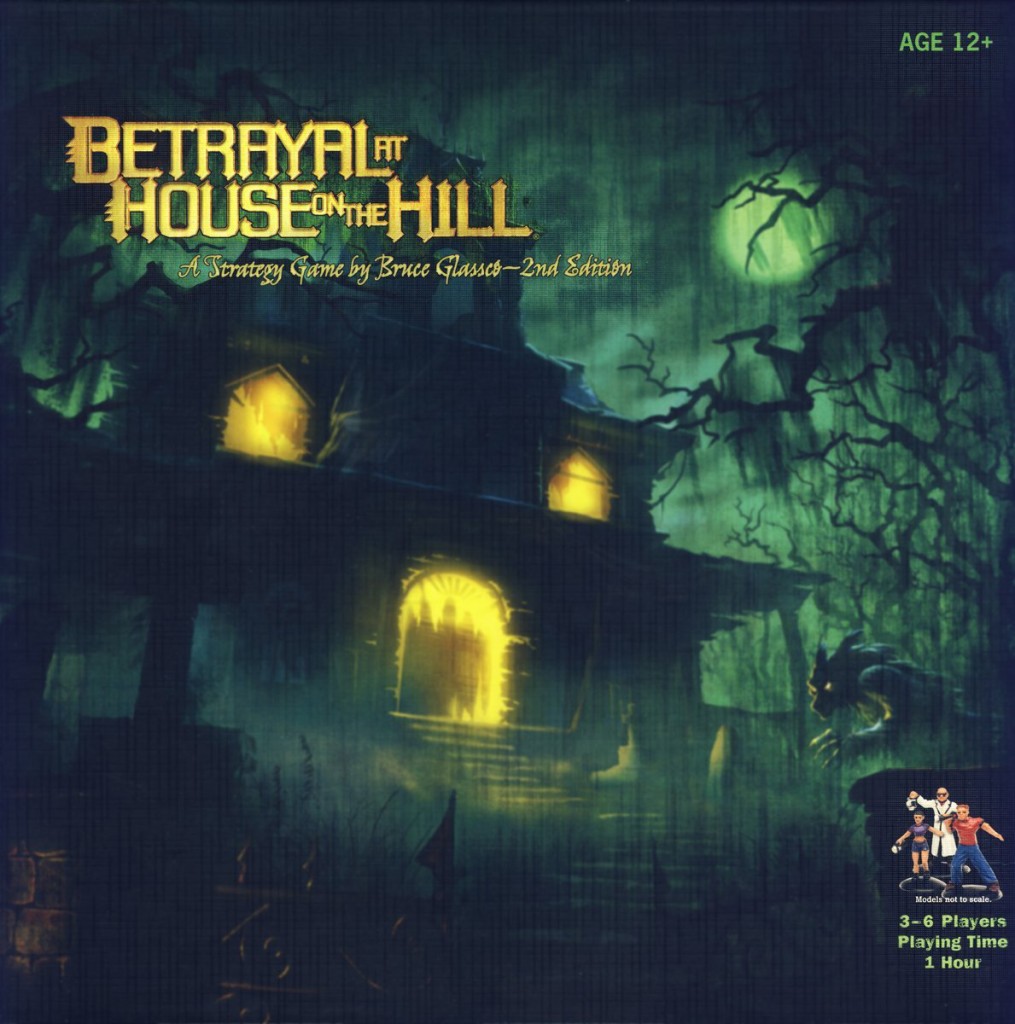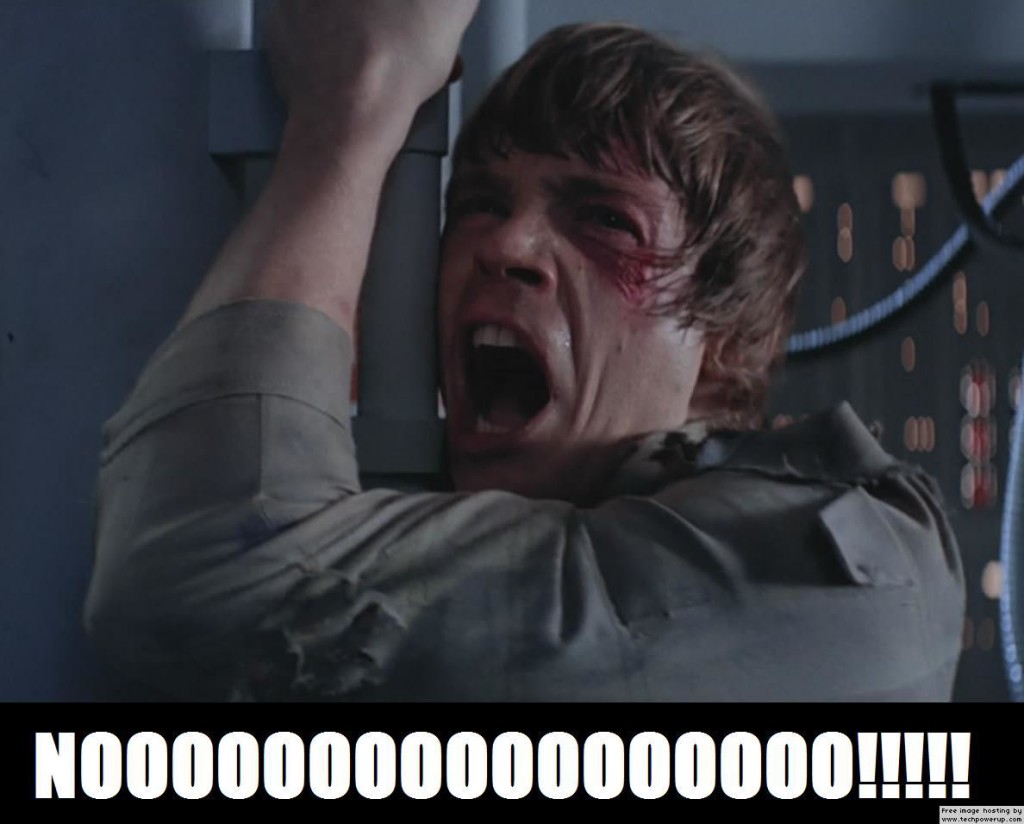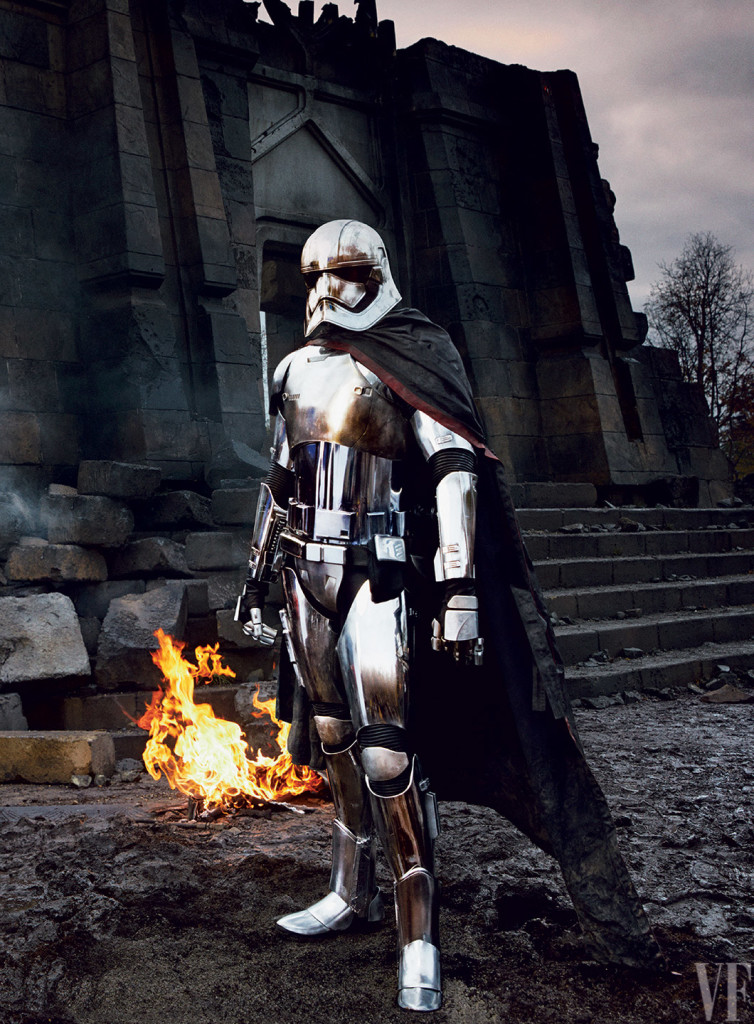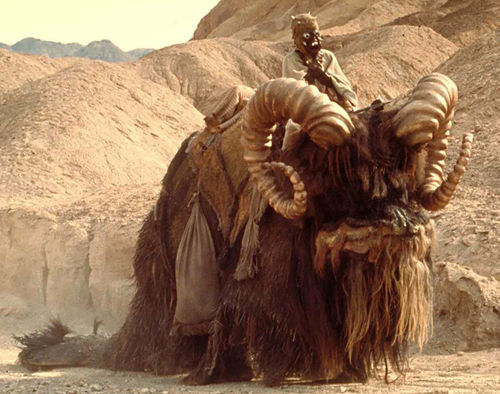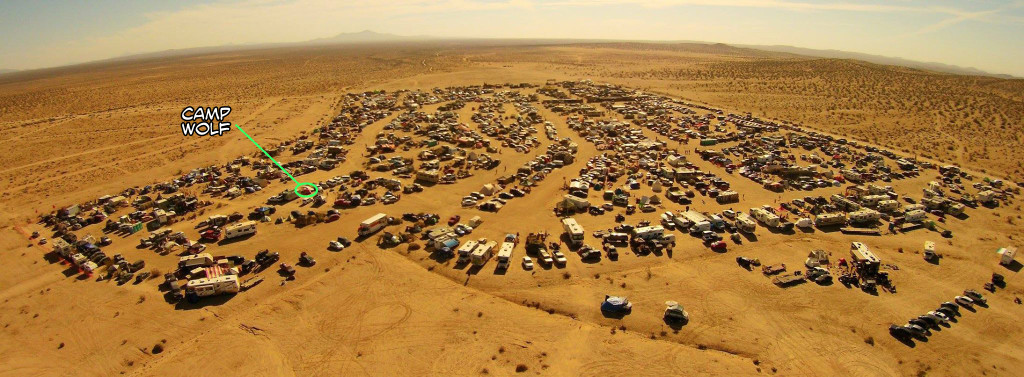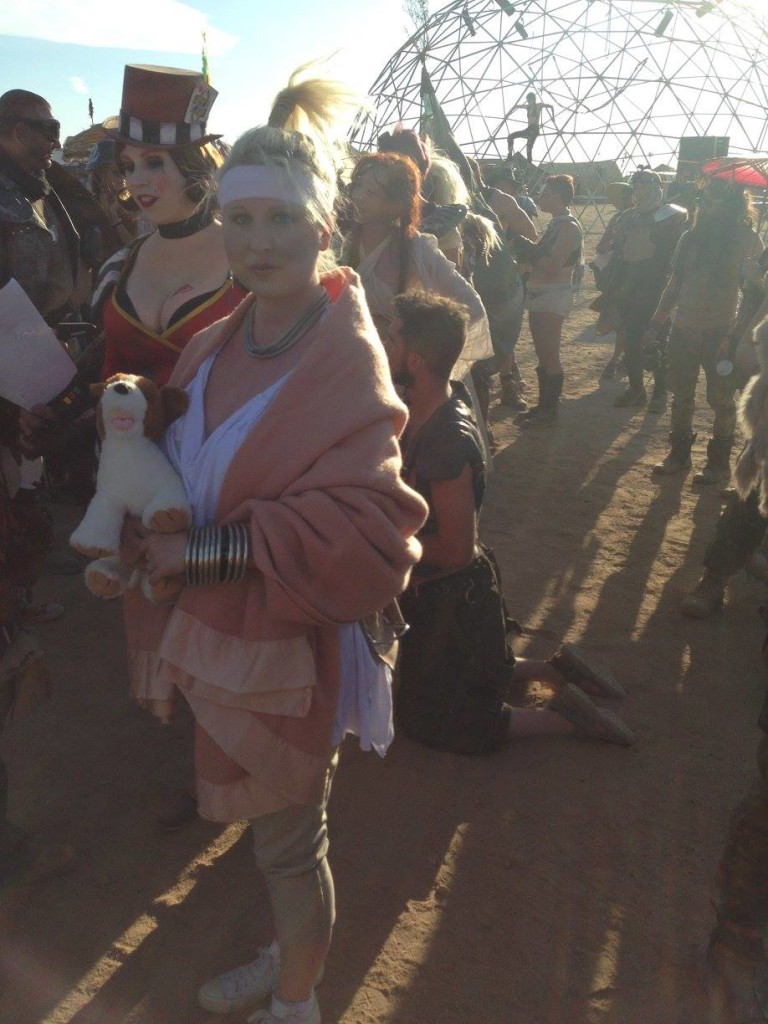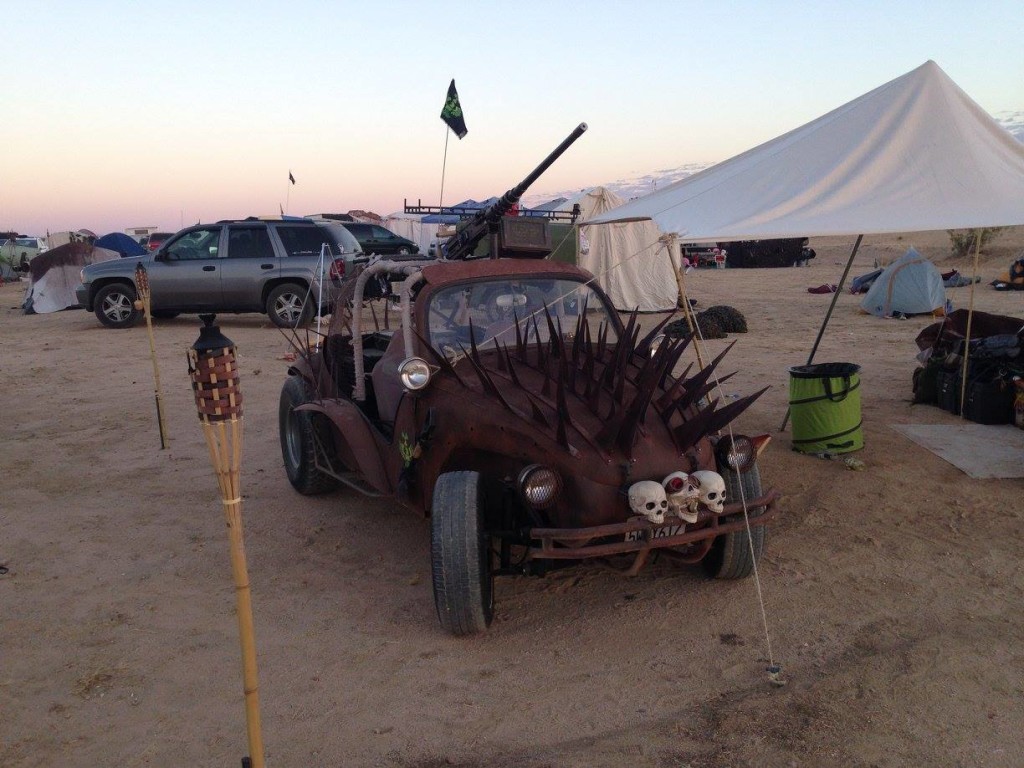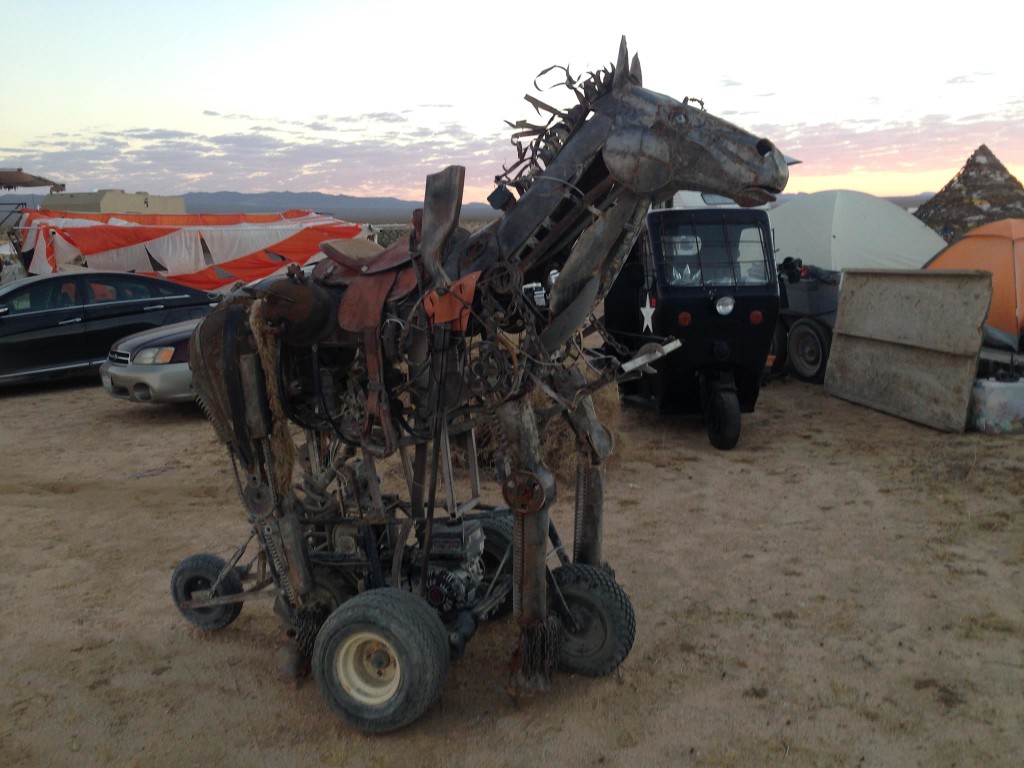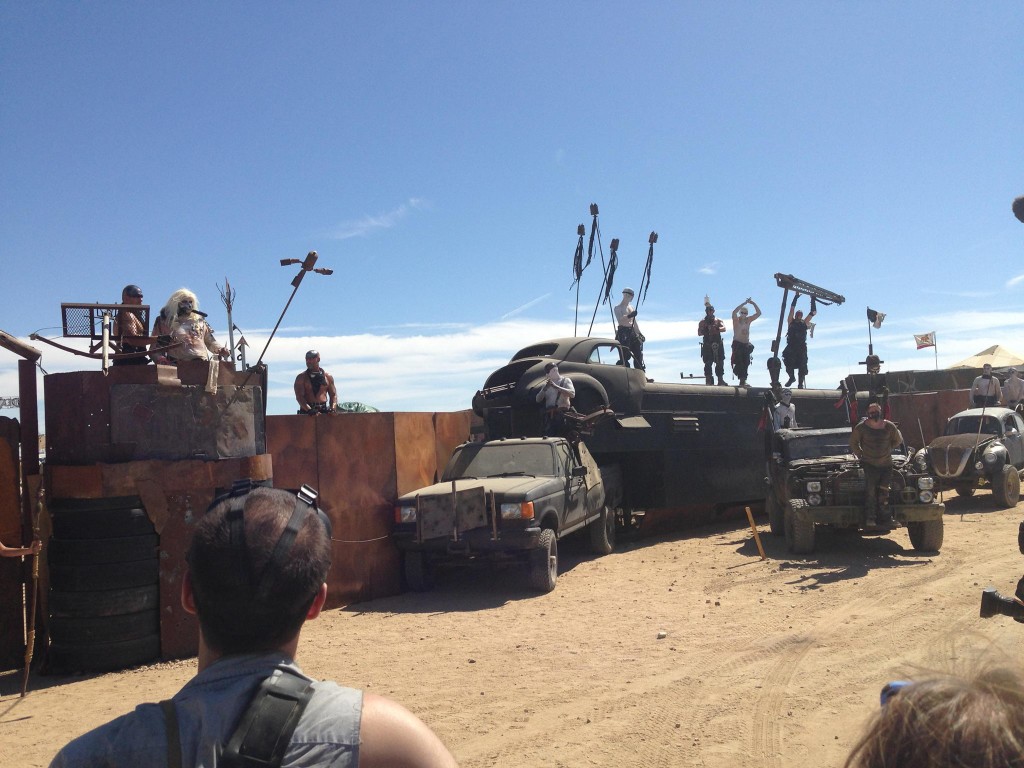Several of my good friends are pretty obsessed with the TV series Doctor Who, from whence comes the partial quote titling this blog where the titular Doctor tries to explain how time and determinism work.
“People assume that time is a strict progression of cause to effect, but actually — from a non-linear, non-subjective viewpoint — it’s more like a big ball of wibbly-wobbly… timey-wimey… stuff.”
If that sounds like nonsense to you, well, yeah. In fact my quick summation of the premise behind Doctor Who is that “it’s about a master of time and space who is always rushing to get somewhere.”
I’ll let that sink in a moment.
My second summation of Doctor Who is that it’s one of the most successful framing devices ever created, which is why I feel it’s lasted and entertained generations of people in one form or another for more than half a century. Aside from a few constants, a writer for Doctor Who can dream up basically any story, set in any time and place, with any characters they choose. Why does the Sonic Screwdriver work on this door but not that one? Why is there any dramatic urgency in getting back to the T.A.R.D.I.S. “in time” to travel to a spot ten years in the past? Please, people. You are just prisoners of your linear, subjective viewpoints. Sit back and enjoy the wibbly-wobbly, timey-wimey ride.
In other words, seeking a sense of canon and continuity in Doctor Who is a good way to drive yourself mad, especially since the show itself cheerfully doesn’t give a damn. Writing for the show must be an exultant sense of freedom.
I’m honestly not sure I could handle that much freedom, in fact. But the fans of the show are so used to just accepting the idea that pretty much anything can happen at any time. Zombie Ranch, on the other hand, is a much more down to earth setting where (media interludes aside) the locales tend to be local and time progresses in linear fashion. The occasions I’ve gone “out of sync” with it have usually been through the device of a camera showing “recorded earlier” type footage. Today’s comic marks the culmination of me messing around with something a bit more risky, where I ended the last episode on the morning after the McCarty departure, then spent the pages of this episode so far rolling back and filling in the blanks of the night, until finally it’s come back around once again to Suzie spying the smoke. I didn’t really give any caption hints about all that until now, and it’s theoretically such a big departure from the usual progression that I risk confusing everyone. But theoretically, it’s also pretty fun to try something different.
I haven’t abandoned the idea of cause to effect — though presented out of order to the reader, things are still in order to the characters — but it was time to see how timey-wimey I could get.








